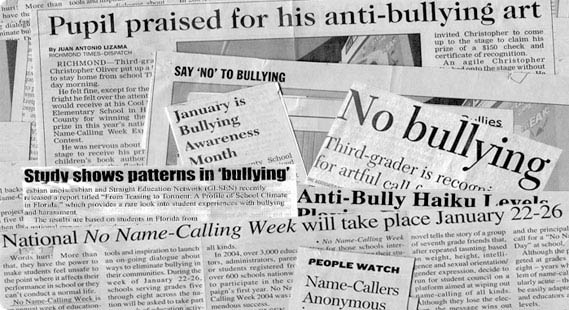American Heart Month just wrapped up in the U.S. And with spring around the corner with its promise of new life with flowers abloom, it's a good time to think about your life with healthy habits that
can lower your risk of heart disease. Heart healthy habits are good for your whole body (and brain) too.
 |
| Boston Common by Carole Jakucs, 2016. Image subject to copyright. |
Increase your activity – Exercise 30 minutes daily to help
maintain weight and improve overall fitness (check with your doctor before you
start) which will help reduce your risk for cardiovascular disease and type 2
diabetes.
Eat a healthier diet – Reduce or cut down on junk foods
(pastries, chips, candies, sodas and alcohol) and bad fats such as saturated
fats (red meat and full fat dairy) and hydrogenated oils (in junk foods and
even some so-called healthy snacks and foods). Increase your intake of fresh
vegetables and fruits, lean proteins and whole grains - to help maintain overall
health by getting a variety of vitamins and minerals in your diet.
If you smoke – QUIT! Smoking damages the cardiovascular
system and causes a multitude of health problems and illnesses.
De-Stress – Look for ways to decrease stress in your life as
ongoing stress can raise your risk for cardiovascular disease.
Maintain a healthy weight – Find out what your healthy
weight is for your height and body frame and work to stay within that range.
Excess weight increases the risk of cardiovascular disease, type 2 diabetes and
some cancers too.
Monitor your serum (blood) levels of cholesterol and
triglycerides (with your healthcare provider) with a goal of achieving readings
in the heart healthy target levels.











